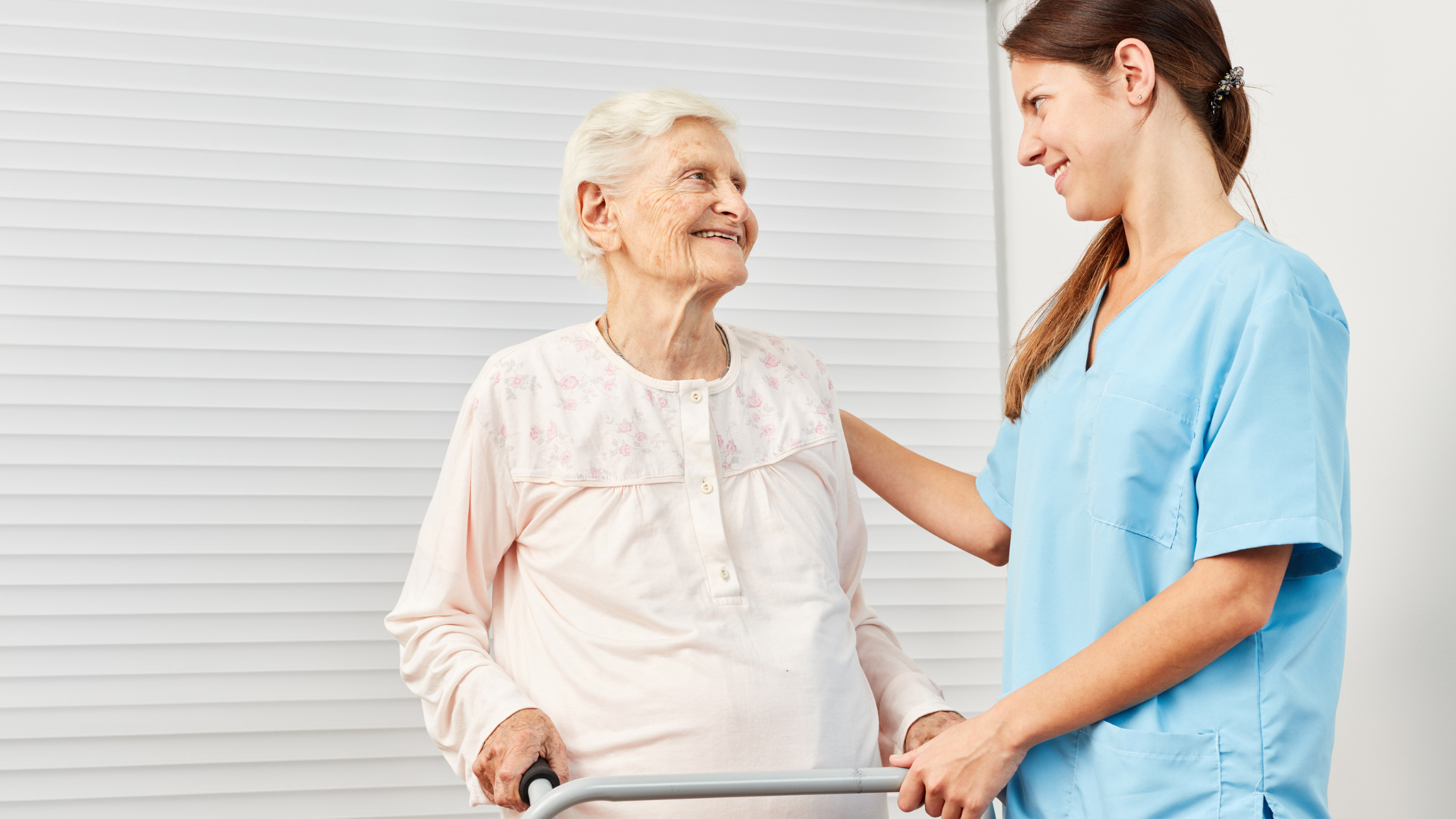In 2017, the Public Health Outcomes Framework reported that 220,160 emergency hospital admissions were related to falls in the over 65 age group. A fall can have enormous repercussions to someone’s life, affecting their mobility, independence and health. Utilising Nourish and making some key changes can minimise the risk of a fall within your care service.
How can medication management help to prevent falls?
Some types of medication, number of prescribed medications and combination of medications can increase the risk of falls. Having the oversight via an eMAR solution alongside other care records/information gives the ability to monitor, manage and evaluate a person’s medications with a view to reducing falls risks and associated complications. Being able to monitor this medication and provide visibility of symptoms among your team can increase awareness and reduce the risk of falls. Regular medication reviews assist in ensuring side effects and symptoms are monitored. Nourish integrates with various eMARs, allowing you and your team to see what medication the people you support use.
Nutrition & hydration
Staying hydrated and drinking enough fluid is important. Drinking consistently throughout the day, rather than attempting to hit the desired fluid intake in the latter half of the day, will decrease the risk of other health complications. This can include urine infections which can cause delirium and increased confusion, increasing the likelihood of a fall. Desired fluid intake and MUST scores are incorporated in Nourish, allowing you to keep an eye on the hydration and nutrition of the people you support.
Encouraging more activity in falls prevention
According to the NHS, exercise can decrease the risk of a fall, particularly strength and balance training. Strength and balance training can involve activities as simple as walking or dancing. Tai Chi is another exercise that can prevent falls as it emphasises on movement, balance and coordination. Activities can be logged in the Nourish app as can the level of participation and enjoyment. This will allow you to see how and if exercise has made any improvements to a person’s mobility.
Appointments
Appointments can be logged on the Nourish app and can be viewed as part of the daily care plan of the people you support, giving greater visibility for your care team. Seeing the podiatrist to check that nails are not overgrown or suffering any ailment that may make walking difficult. Also on footwear, you can add into the daily care plan a requirement that checks the people you support are wearing suitable and well-fitting footwear. Regular check-ups with the opticians will check the people you support are wearing the appropriate eyewear for their needs. You can also add a note into the care plan that gives your care team the ability to easily view who wears glasses.
Falls Champions
It may be useful to identify a Falls Champion for your service. Some local NHS trusts and councils hold training for Falls Champions. Champions are advocates for prevention and management of falls. They can ensure that staff are following fall management protocols. Champions can analyse data to see how and why falls are happening and implement measures to prevent this. Champions additionally ensure risk assessments are being followed for those at greater risk of a fall e.g. the use of sensor mats or alarm pendants.
Integrations
Nourish integrates with various eMAR solutions, pain management apps, eRedBag and GP Connect, encouraging interoperability in healthcare. We are always looking to integrate with businesses who can improve the lives of the people we support.








